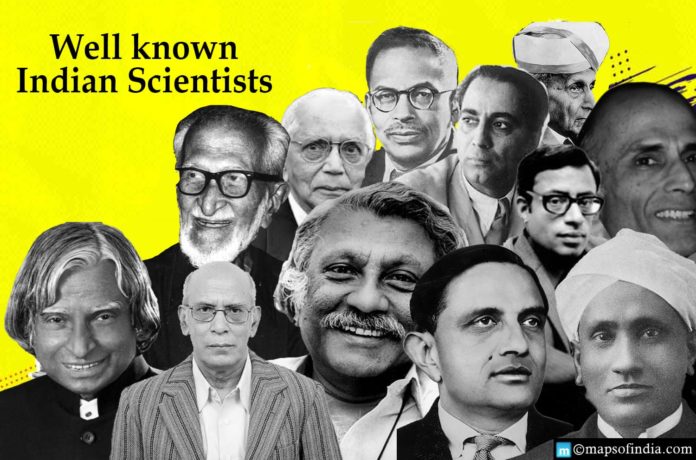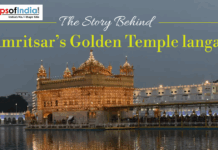Science is an essential aspect of everyday life. Scientists are curious individuals who invent new things and study how things function. In addition, scientists enjoy conducting experiments to answer problems. Globally, many scientists research and study in their fields, such as physicists, chemists, botanists, astronomers, biologists, geologists, etc.
India is a developing country with a long and rich history of brilliant people and scientists whose contributions to science and technology have been well recognized worldwide. Some Indian scientists have transformed the world with their ideas and made history by setting creative norms. But, does anyone ever sit to think about those extraordinary brains who made our lives easier?
Here is a list of the top Indian scientists who have earned international acclaim:
CV Raman
In 1930, Chandrasekhara Venkata Raman was awarded the Nobel Prize in Physics for his innovative research on light scattering. He was born in Tiruchirapalli on November 7, 1888, and became the first Asian and non-white person to earn a Nobel Prize in science. Raman also studied musical instrument physics. He was also the first to examine the melodic nature of Indian drum sounds, such as the mridangam and tabla.
He observed that when a transparent substance deflects light, some of the light changes wavelength. This effect is now known as Raman scattering and is caused by the Raman effect.
APJ Abdul Kalam
Avul Pakir Jainulabdeen Abdul Kalam was a well-known Indian scientist and politician. From 2002 to 2007, he was India’s president for one term. He began his professional career as an aeronautical engineer with the Defence Research and Development Organization (DRDO), designing aircraft for the Indian Army.
In 1969, APJ Abdul Kalam was moved to the Indian Space Research Organization (ISRO). He was the project director of SLV-III, India’s first Satellite Launch Vehicle, successfully launching the satellite Rohini in near-Earth orbit in 1980. In addition, India’s missile development and nuclear weapons programs advanced rapidly under his supervision. APJ Abdul Kalam, India’s Missile Man, died on July 27, 2015.
Homi Jehangir Bhabha
Homi Jehangir Bhabha was born in Bombay on October 30, 1909. In 1948, he was appointed as the first chairman of India’s Atomic Energy Commission. He was essential in encouraging the Nehru government to launch India’s nuclear program. As a result, he is regarded as the “Father of the Indian Nuclear Program.”
He is most recognized for his work on the Indian nuclear program, the Bhabha Scattering Theoretical Muon Prediction, and the Cascade Process of Cosmic Radiation Point Particles.
S. Chandrashekar
On October 19, 1910, Chandrashekar was born in Lahore, British India, and won a Nobel Prize in Physics in 1983 for his mathematical theory of black holes. He was CV Raman’s nephew. Chandrashekhar then became a citizen of the United States in 1953.
Chandrashekar’s most famous study is on energy transfer by radiation in stellar atmospheres, specifically white dwarf stars, which are the dying pieces of stars. At the age of 82, he died on August 21, 1995, in Chicago.
Besides these great names, we must not overlook the accomplishments of other great Indian scientists such as S.S. Abhyankar, Prafulla Chandra Ray, Meghnad Saha, Salim Lal, and others who have contributed to the betterment of society.





